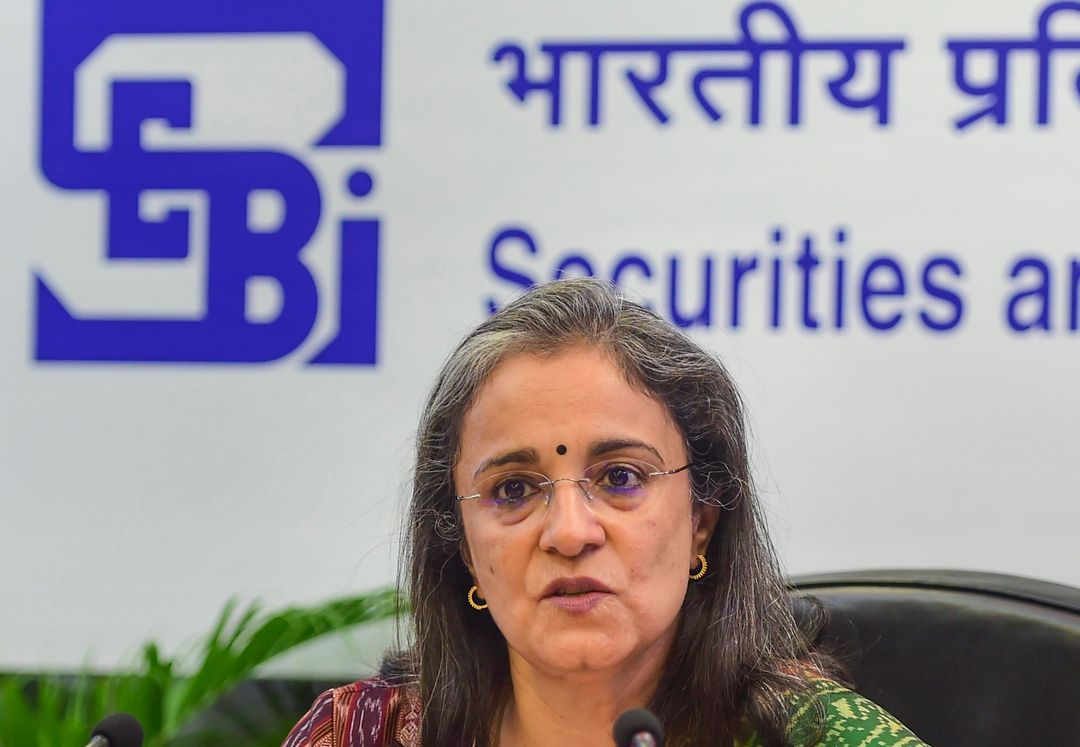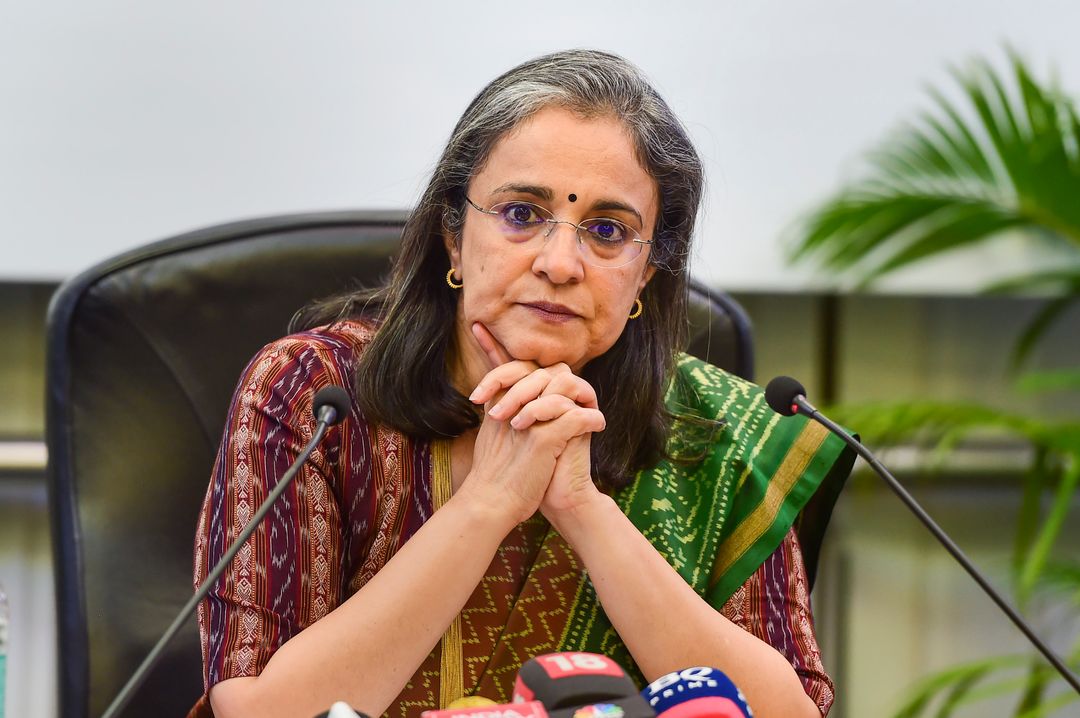Mumbai, March 2 – A special court in Mumbai has directed the Anti-Corruption Bureau (ACB) to file an FIR against former Securities and Exchange Board of India (Sebi) chairperson Madhabi Puri Buch and five other officials in connection with an alleged stock market fraud and regulatory violations.
Judge Shashikant Eknathrao Bangar, presiding over the case, observed that there was "prima facie evidence of regulatory lapses and collusion," prompting the need for a thorough and impartial investigation. The court emphasized the urgency of the matter, stating that judicial intervention was warranted due to inaction by both law enforcement and regulatory bodies, including Sebi. It also directed that the investigation be monitored, with a status report due in 30 days.
The complaint, filed by a media reporter, claims the accused were involved in the fraudulent listing of a company on the stock exchange, facilitated by Sebi’s failure to enforce compliance with the SEBI Act, 1992, and its related rules. The reporter alleges that Sebi officials enabled market manipulation and corporate fraud by approving the listing of a company that did not meet the prescribed regulatory standards.
Despite repeated appeals to the police and other regulatory authorities, no action was taken, according to the complainant. After reviewing the evidence, the court instructed the ACB's Worli office to register an FIR under the relevant sections of the Indian Penal Code (IPC), the Prevention of Corruption Act, the SEBI Act, and other applicable laws.
Madhabi Puri Buch, who made history as India's first female Sebi chairperson, completed her three-year tenure on Friday amid growing controversy. While her leadership saw key reforms, including faster equity settlements, enhanced Foreign Portfolio Investor (FPI) disclosures, and greater mutual fund penetration, the final year of her tenure was marred by significant allegations.
Buch faced intense scrutiny from US-based short-seller Hindenburg Research, which accused her of a conflict of interest in relation to the Adani Group. Hindenburg claimed that Buch and her husband, Dhaval Buch, had invested in offshore entities linked to Vinod Adani, the brother of Adani Group chairman Gautam Adani. The Buchs denied these allegations, stating that the investments predated Madhabi Puri Buch's appointment to Sebi and were fully disclosed as required.
In August 2023, the controversy intensified, with the Congress party also calling for her resignation. Despite these pressures, Buch continued her tenure until its conclusion on March 1. Hindenburg, which had initially triggered the allegations, recently announced it would cease operations.
The court’s directive adds a new chapter to Buch’s tumultuous final year at the helm of India’s market regulator, further complicating her legacy. The case, which is now under investigation, could have significant implications for both the corporate and regulatory sectors.
Judge Shashikant Eknathrao Bangar, presiding over the case, observed that there was "prima facie evidence of regulatory lapses and collusion," prompting the need for a thorough and impartial investigation. The court emphasized the urgency of the matter, stating that judicial intervention was warranted due to inaction by both law enforcement and regulatory bodies, including Sebi. It also directed that the investigation be monitored, with a status report due in 30 days.
The complaint, filed by a media reporter, claims the accused were involved in the fraudulent listing of a company on the stock exchange, facilitated by Sebi’s failure to enforce compliance with the SEBI Act, 1992, and its related rules. The reporter alleges that Sebi officials enabled market manipulation and corporate fraud by approving the listing of a company that did not meet the prescribed regulatory standards.
Despite repeated appeals to the police and other regulatory authorities, no action was taken, according to the complainant. After reviewing the evidence, the court instructed the ACB's Worli office to register an FIR under the relevant sections of the Indian Penal Code (IPC), the Prevention of Corruption Act, the SEBI Act, and other applicable laws.
Madhabi Puri Buch, who made history as India's first female Sebi chairperson, completed her three-year tenure on Friday amid growing controversy. While her leadership saw key reforms, including faster equity settlements, enhanced Foreign Portfolio Investor (FPI) disclosures, and greater mutual fund penetration, the final year of her tenure was marred by significant allegations.
Buch faced intense scrutiny from US-based short-seller Hindenburg Research, which accused her of a conflict of interest in relation to the Adani Group. Hindenburg claimed that Buch and her husband, Dhaval Buch, had invested in offshore entities linked to Vinod Adani, the brother of Adani Group chairman Gautam Adani. The Buchs denied these allegations, stating that the investments predated Madhabi Puri Buch's appointment to Sebi and were fully disclosed as required.
In August 2023, the controversy intensified, with the Congress party also calling for her resignation. Despite these pressures, Buch continued her tenure until its conclusion on March 1. Hindenburg, which had initially triggered the allegations, recently announced it would cease operations.
The court’s directive adds a new chapter to Buch’s tumultuous final year at the helm of India’s market regulator, further complicating her legacy. The case, which is now under investigation, could have significant implications for both the corporate and regulatory sectors.


